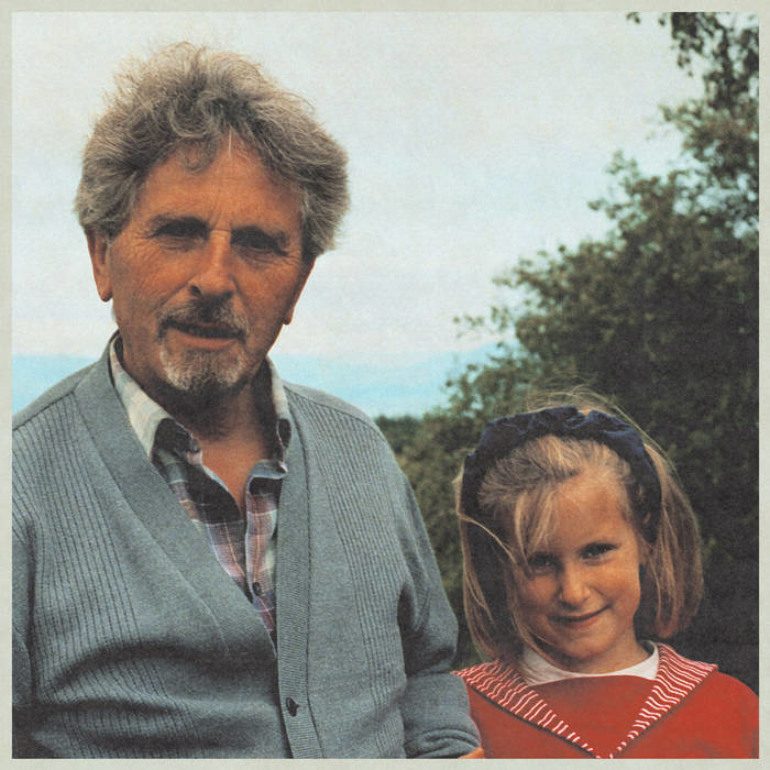

Cultivating Consciousness Through Unconditional Love
Susanne Sundfør released her sixth studio album, Blómi, under Bella Union in April. Described as “a love letter to her young daughter,” Blómi, or “to bloom,” is an entrancing journey into Sundfør’s world-heralding divine femininity that embraces her Norwegian lineage. With delicate precision, her genre-bending mix of classical, electronic-pop, jazz and folk sounds co-exist. Sundfør has a luminescence in her vocals throughout the album, oftentimes rising above the instrumentation into an ethereal serenade.
“Orð Vǫlu” is a soft examination of the convergence of spirituality and science. It echoes and tweaks, bringing the listener into the power of the language. It balances chaos and order, spoken as a mother would explain the meaning of life and the universe to her child. Sundfør is gentle and endearing as she explains “the deepest balance of being, which can be recognized as silence.” With a black hole behind the heart there is “a glowing beautiful darkness” that innately is and forms who we become. This is a central theme of the album and acts as a gravitational pull toward love.
“Ashera’s Song” is a prayer sung to and for the goddess, “the first mother.” Before the low thrum of piano and the birdsong praise of Sundfør’s vocals, the hollow echoes of “Orð Vǫlu” usher the listener deeper into this majestic realm. Embodying the spirit and embracing motherhood, she “flows through me.”
Sundfør’s vocals drift atop the piano and entwine with a husky saxophone as she ponders “the purpose of all of this circus.” The mother wills the daughter to “walk on for love.” The dichotomy of a child subjected to both the vivacity of life and the grim depths that rise “from the ashes of sorrow.”
“Rūnā” serves as an acoustic number that later introduces piano and humming melodies as its crescendos develop into rhythmic drums and tambourines. Sundfør stresses her to be open to change and that there will be plenty of moments where someone does not understand the pain one feels. It is not up to them to understand but for her to “open her eyes and begin again.” Further establishing the concept of bringing love into all paths and choices.
With a steady matriculation of graciousness at the end of a relationship “Fare Thee Well” is sung like the last caress of an ex-lover’s hand against one’s own. A permission to part when “only the bitterness” remains where there was once tenderness and grace.
In “Alyosha” the journey of loving becomes vividly clear in an open declaration of adoration and devotion heralding from the depths of “a broken woman.” The love she feels for Alyosha eminent as the clear path guiding her through the “mad world.” In a raw vocal performance, embracing femininity, Sundfør breaks away from the “theys” of the external world. They tell her to “love yourself more than any other” she chooses to banish that voice and love her way. The vocal style of “Alyosha” resembles the Carpenters’ hit single “Close To You” in terms of the delicate harmonies and delivery.
Revisiting the darkness, in “nàttsongr” Sundfør breaches the fragility of this devotion. The vast valley of doubt she describes as sleepwalking in “the hour of the wolf.” Her lullaby is a soft vibrato that devolves into a harrowing crackle. The dissonant frequencies and vibrations that bellow beneath the otherworldly echoes of “orð hjartans” beckon the listener back into this alternate universe Sundfør has created: “If the heart has a word, what would it be? / And sitting with this, I found that the word in the heart, is yes. It’s yes, to everything.”
